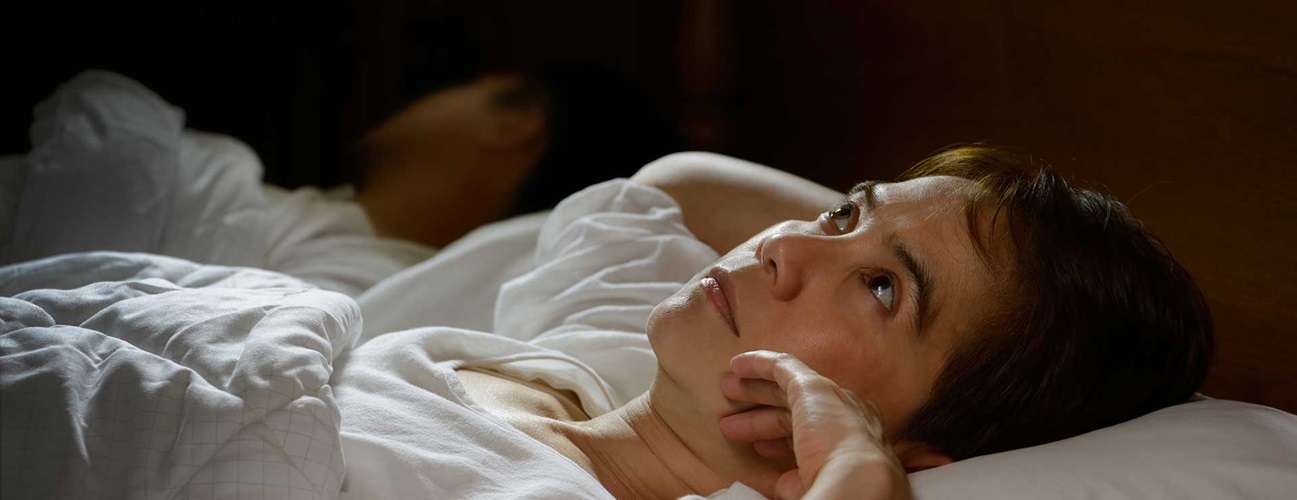Do Your Heart a Favor - Get More Sleep
Reviewed By:
Without enough sleep, your risk for heart disease and heart attack goes up—no matter what your age, your weight, or how much you exercise or smoke. At the same time, people who already have high blood pressure, coronary artery disease, heart failure or a history of stroke tend to sleep more poorly, especially due to sleep apnea , a condition in which an airway temporarily collapses repeatedly during sleep, depriving the body of oxygen.

“Heart problems can influence sleep, and sleep can influence heart problems,” says Susheel Patil, M.D., clinical director of Johns Hopkins Sleep Medicine. “There’s quite a lot of overlap.”
Knowing How Much Sleep You Need
The textbook rule of thumb for adults is seven to eight hours a night. But because this can vary by individual, Patil says, “you should be able to get into bed and fall asleep within about 15 minutes, and wake up without an alarm clock, feeling rested. On average, the amount of sleep you get this way is probably the amount you need.”
Recognizing a Sleep Problem
Do you wake up tired and with a dry mouth? Feel sleepy or fatigued by day? These are signs of sleep apnea. Other sleep apnea symptoms include snoring, seeming to stop breathing during sleep, and gasping for breath or choking—which many people don’t realize they do, so it’s important to ask your bedmate, Patil says. Johns Hopkins research has shown that severe sleep apnea in middle or old age can up your risk of dying prematurely by up to 46 percent.
More obvious signs of sleep trouble include difficulty falling asleep and staying asleep. (In people with heart problems, fatigue—low energy or drive—is more common than sleepiness.)
How to Improve Your Sleep
-
Report worrisome symptoms to your doctor . Given that there are over 70 different sleep disorders and dozens of connected concerns, it’s important to pinpoint the problem. “If you’re not sleeping well, there’s likely a reason, as well as good treatment options,” Patil says.
-
Get the sleep problem and any underlying problem treated . Therapies for sleep apnea, for example, include use of a continuous positive airway pressure device. Someone with insomnia due to a different cause might benefit from cognitive behavioral therapy with a sleep psychologist.
-
Lose weight . Being overweight increases the risk of heart problems. And one of the best predictors of improved sleep is losing weight, especially belly fat, according to Johns Hopkins research. In a study of people with prediabetes and diabetes, those who lost belly fat improved sleep regardless of their age or gender, or how they lost the weight (for example, diet alone, or diet plus exercise).
What the Experts Do Make Sleep a Priority
“I try to practice what I preach,” says Johns Hopkins expert Susheel Patil, M.D. “I try to get in bed and wake up at predictable times. I know I need seven to eight hours of sleep in order to function well the next day. If certain things don’t get done by the end of the day, they just have to wait, if I’m going to be helpful to patients the next day.”
More advice for better sleep: Create a calm, dark, quiet, place for sleep. Use your bedroom for sleep and sex only—not TV-watching, web-surfing, working, texting or even reading.






